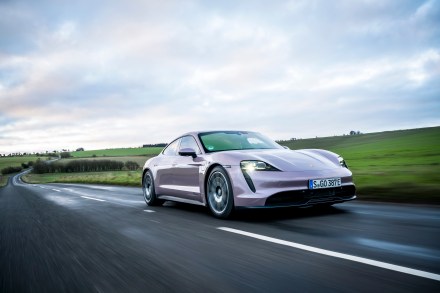Why I won’t buy a Tesla
I loved the Ford Mustang Mach-E which I had on loan for four days. It was gorgeous to drive, and slightly saner than the Tesla Model 3 — in that some of the controls involve physical switches and buttons, rather than an on-screen interface. The only annoyance was a persistent whining noise. This came from my teenage daughter who endlessly delivered her strongly held opinion that a fat, 55-year-old advertising man shouldn’t be driving a Mustang. As I patiently explained, when you are a 55-year-old man, you don’t really buy a car for yourself, you buy it for your Jungian shadow-self. So whereas your real-life wife and children might not










